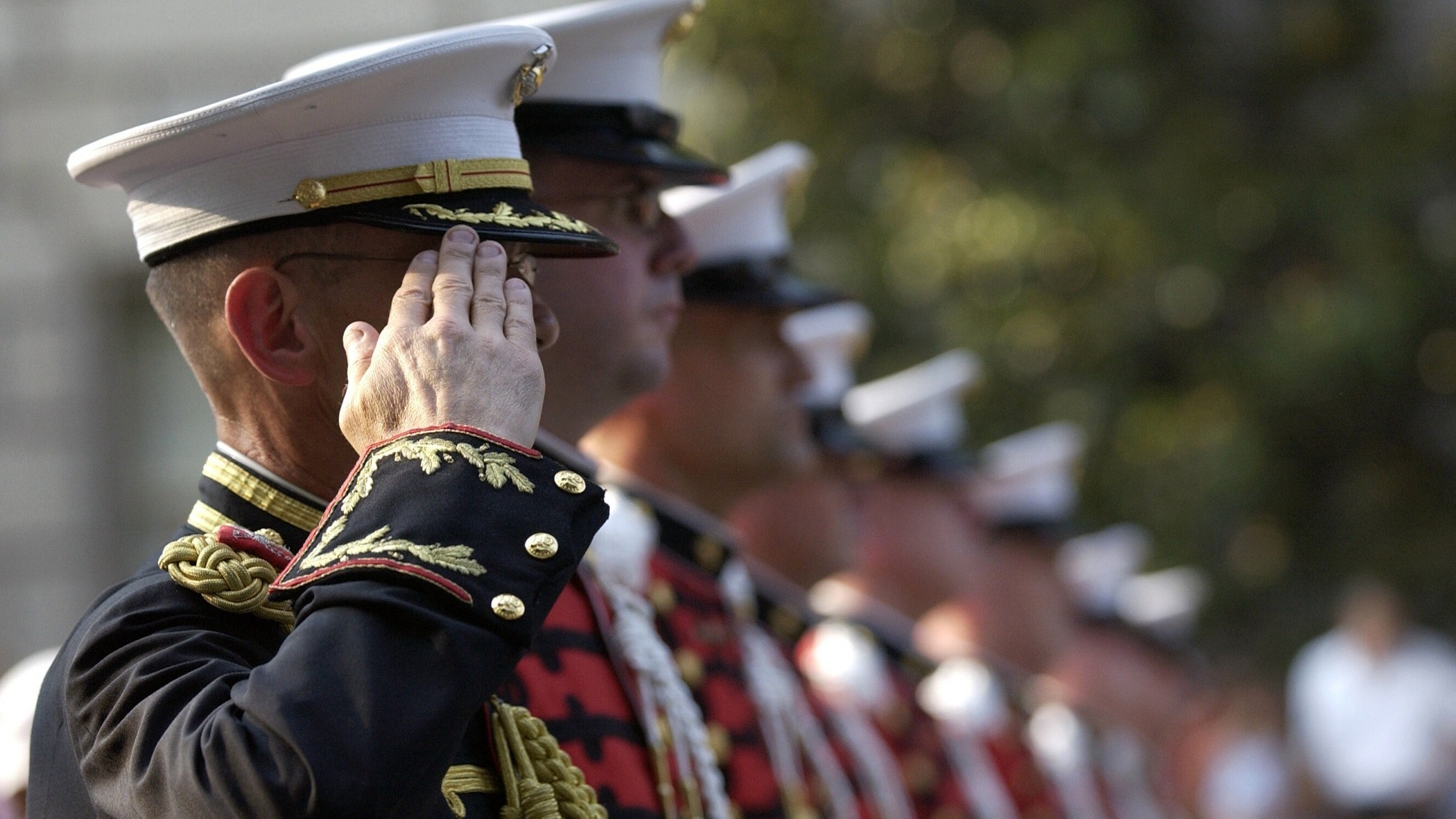
Understanding the Dynamics of Influence in Leadership
Leadership is often thought of as a solitary endeavor, relegated to those at the apex of their organizations—corporate executives, political leaders, and military commanders. However, the concept of power extends far beyond the individual at the top. In reality, it is intricately tied to an inner circle of advisors, confidants, and supporters, whose roles can significantly impact both the leader’s decisions and the overall mission of the organization.
The Power Within Proximity: Borrowed Status Explained
Being close to power can grant individuals status that is not inherently theirs; this "borrowed status" infuses the inner circle with influence and authority by virtue of mere proximity. As discussed by Joe Byerly, those positioned around the leader often gain recognition and respect, leading to an environment where their voices carry more weight during discussions. This borrowed status can seamlessly blur personal significance with power itself, inflating egos and distorting focus.
Moreover, research indicates that inner-circle members often feel safer in group discussions, participate more actively, and are more likely to adopt a decision-making role, particularly when they possess expertise. This phenomenon highlights how group dynamics are inherently influenced by the existing power structure, which can enhance or undermine the quality of group decisions.
Consequences of Unchecked Power
Unchecked power can be a dangerous contagion, infecting not only leaders but their inner circles as well. Instead of focusing on the responsibility to guide their leader effectively, inner circle members may find themselves prioritizing their influence for personal gain. This festering issue is vividly illustrated through the notion that they may "polish bad news" or ignore critical feedback just to maintain their comfortable position. This tendency can cripple the leader's ability to make informed decisions, creating a perilous cycle of misinformation and unchecked decisions.
The Need for Intentionality and Stewardship
To counteract this risk, intentionality must be at the forefront of every inner circle's mandate. Members must actively commit to serving power rather than succumbing to its seductive nature. As leaders are inevitably influenced by those in their sphere, it is critical to cultivate a culture of honesty and constructive feedback within the inner circle. By doing so, the circle becomes not a shelter from accountability but rather a bastion of responsible stewardship.
Lessons from Military Leadership
In military contexts, the stakes attached to inner circle influence are particularly poignant. Service members understand better than many that leadership is not a mere title; it reflects a responsibility to the team and mission. Many military leaders exemplify the virtues of humility, strength, and courage, actively promoting a culture that fosters open communication and feedback. This is not only crucial for operational success but also a practice in honoring those who serve alongside them, epitomizing a commitment to transparency and accountability.
Practical Insights for Leadership Development
For aspiring leaders and those already in positions of power, understanding the dynamics of influence within their inner circles is paramount. Here are actionable insights: 1. **Encourage Diverse Perspectives**: Promote an environment where everyone feels safe to voice their opinions. This diversity in input can lead to more informed decisions. 2. **Cultivate Accountability**: Foster a culture where honesty is valued over sycophancy. Encourage circle members to provide candid feedback, especially when it comes to challenging conversations. 3. **Recognize Borrowed Status**: Be aware of the influence dynamics at play and actively work to mitigate any negative effects stemming from borrowed status by emphasizing merit-based contributions.
Concluding Thoughts: The Collective Responsibility of Leadership
The dynamics between leaders and their inner circles underscore the profound truth that leadership is a collective responsibility. Individuals must be vigilant against the seductive allure of power while ensuring that they remain committed to duty and mission. For active duty service members, military veterans, and business leaders alike, the challenges of navigating power require not just skill but humility and integrity.
By fostering these values, we will not only protect ourselves from the pitfalls associated with power but also enhance our capacity to lead with valor, making the right decisions for our organizations and the communities we serve.
The importance of leadership cannot be understated; we must all strive to honor our commitments and serve those who stand beside us, ensuring that courage remains at the forefront of every decision we make.
 Add Row
Add Row  Add
Add 




Write A Comment